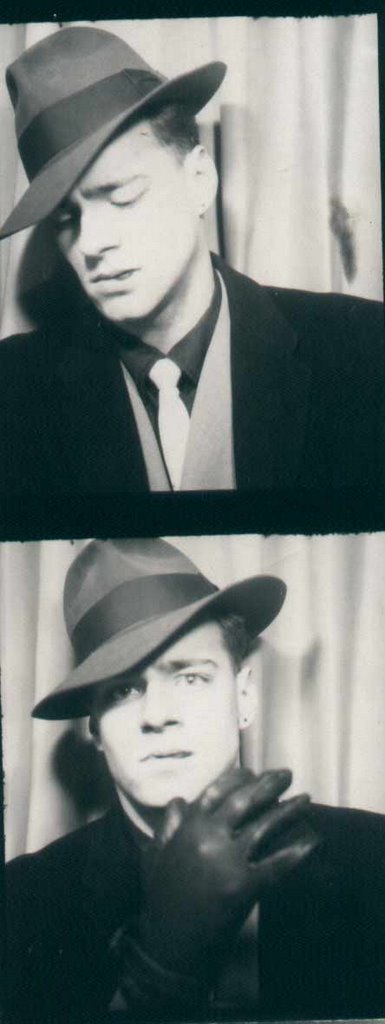June 29, 1948 - Indictments issued in Smith Act Trial
against the Communist Party USA leadership, claiming that the CPUSA had been in
violation of the anti-communist Smith Act since July 1945. The twelve
defendants were all members of the National Board of the CPUSA: Benjamin J.
Davis, Eugene Dennis, William Z. Foster (indicted but not tried due to illness),
John Gates, Gil Green, Gus Hall, Irving Potash, Jack Stachel, Robert G.
Thompson, John Williamson, Henry Winston, and Carl Winter. FBI head J. Edgar
Hoover hoped that all 55 members of the CPUSA's National Committee would be
indicted and was disappointed that the prosecutors chose to pursue only twelve.
The trial, held in New York in 1949, was one of the lengthiest trials in
American history. Large numbers of supporters of the defendants protested
outside the courthouse on a daily basis. The trial featured twice on the cover
of Time magazine. The defense frequently antagonized the judge and prosecution,
and five defendants were jailed for contempt of court. After a 10 month trial
the jury found all 11 defendants guilty and the judge sentenced them to terms
of up to five years in federal prison, further sentencing all five defense
attorneys to imprisonment for contempt of court. Two of the attorneys were
subsequently disbarred. After the first trial, the prosecutors – encouraged by
their success – prosecuted over 100 further CPUSA officers for violating the
Smith Act. Many of these defendants had difficulty finding attorneys to
represent them. The trials had a big impact on the leadership of the CPUSA. In
1957, eight years after the first trial, the US Supreme Court's Yates decision
brought an end to similar prosecutions, holding that defendants could be
prosecuted only for their actions, not for their beliefs.
I never understood the fear that the old communists had of repression. When I was a young communist in the 1970s and 80s, I thought that they had been conservative politically and tactically timid.
Then the FBI came to my door with a warrant to search our home, the subpoena to the grand jury, and threatened Stephanie and I and with time behind bars. Two months later, in December 2010, I was invited to address the annual fundraising dinner for the People's World. I looked around a room that contained more than a few octogenarians who had suffered through the attacks that began in the late 40s. I humbly acknowledged that I was learning that they had been, in fact, quite brave.
I don't agree with all the political decisions they made in response to the attacks, but I now feel a much greater respect for those that continued with their work.
— Joe Iosbaker




